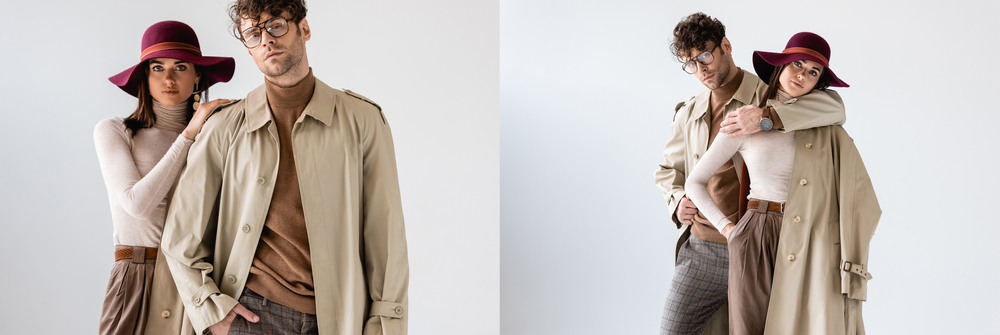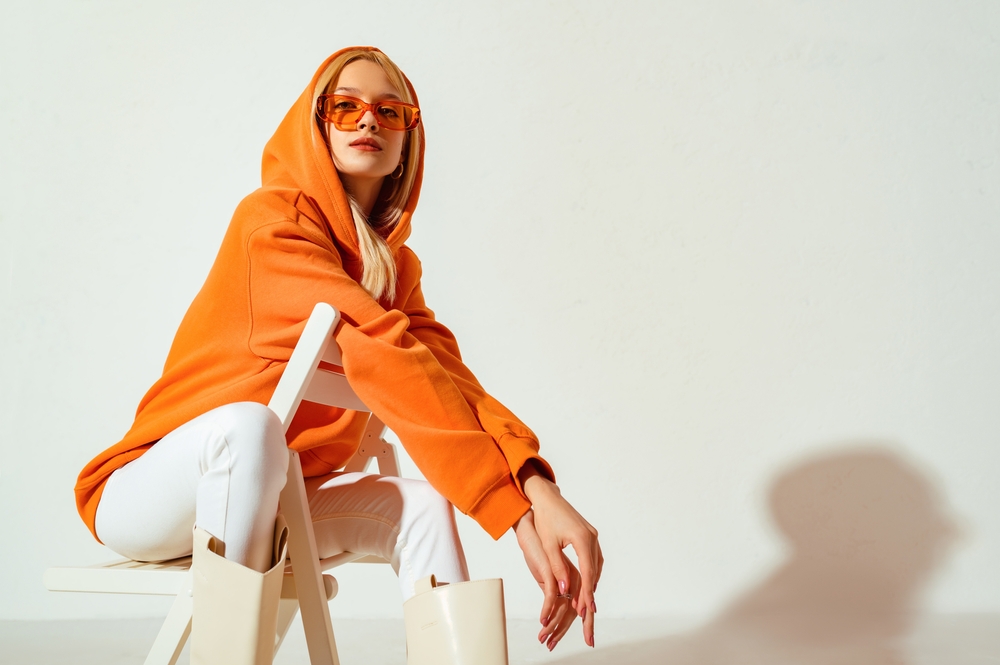It has always been possible to express one’s individuality, creativity, and cultural affiliations through fashion, which is a potent form of self-expression. But for a long time, the fashion industry has failed to represent and accommodate the wide variety of bodies, talents, and identities that exist. Fashion has undergone a tremendous movement recently towards being more inclusive, with businesses, consumers, and designers all-embracing diversity and working to satisfy the distinct needs of each person.
The Importance of Inclusivity
- The goal of inclusive fashion is to establish a culture of fashion in which everyone is acknowledged, respected, and represented. It is more than just a fad. This movement acknowledges the diversity of abilities, sizes, colors, and shapes that makeup beauty. It recognizes that everyone has distinct fashion tastes and needs, and it aims to meet those demands without discriminating against anyone.
- People’s sense of self-worth, level of confidence, and general well-being are significantly impacted by inclusivity in fashion. Finding clothing that is comfortable, meets their physical requirements, and complements their unique style promotes a feeling of identity and empowerment in wearers. Additionally, the powerful message that beauty is not constrained to a particular standard is communicated when different models and representations are shown in advertising and the media.

Breaking Barriers
- The narrow size range that many manufacturers offer has been one of the major obstacles to inclusive fashion. Many people feel excluded since historically, the fashion industry has primarily catered to a small spectrum of body types. In response, several designers have increased the range of sizes they offer, including plus sizes, petite sizes, and extended sizes, enabling a wider audience to access attractive options.
- The fashion industry is also becoming more and more aware of how important it is to represent those with impairments. Adaptive clothing is gaining popularity because it is made with characteristics that make it simpler for people with impairments or mobility issues to dress comfortably. For those who need certain clothing changes, these innovations not only improve functionality but also develop a sense of freedom and dignity.
Cultural Diversity
Cultural diversity is also included in inclusive fashion. Recognizing and embracing the distinctive dress customs and traditions of many cultures is crucial for fostering inclusion. Brands that partner with craftspeople from different cultures or incorporate traditional features into contemporary designs not only produce beautiful clothing but also advance appreciation for and knowledge of other civilizations.

The Role of Technology
Technology has significantly contributed to the advancement of inclusive fashion. For example, 3D body scanning technology enables more precise measurements, resulting in better-fitting apparel for people of different body shapes. Customers can virtually try on clothing thanks to augmented reality (AR) and virtual reality (VR) technology, which allow them to see how various designs will appear and fit before making a purchase.
Moving Forward
Although there is good momentum for inclusive fashion, there is still work to be done. Diversity must remain a top priority for the industry in all facets, including models, designs, marketing, and executive positions. True inclusive designs that accommodate a wide range of needs and preferences can be produced through collaboration between fashion designers, disability advocates, body positivity activists, and cultural representatives.
The goal of inclusive fashion is to alter the perception of what it means to be beautiful and what constitutes appropriate attire. The fashion business can become a more inviting and empowering place for all people, regardless of their backgrounds or abilities, by recognizing diversity and catering to individual needs. This movement has the ability to completely alter how we perceive and think about fashion as it gets momentum.

